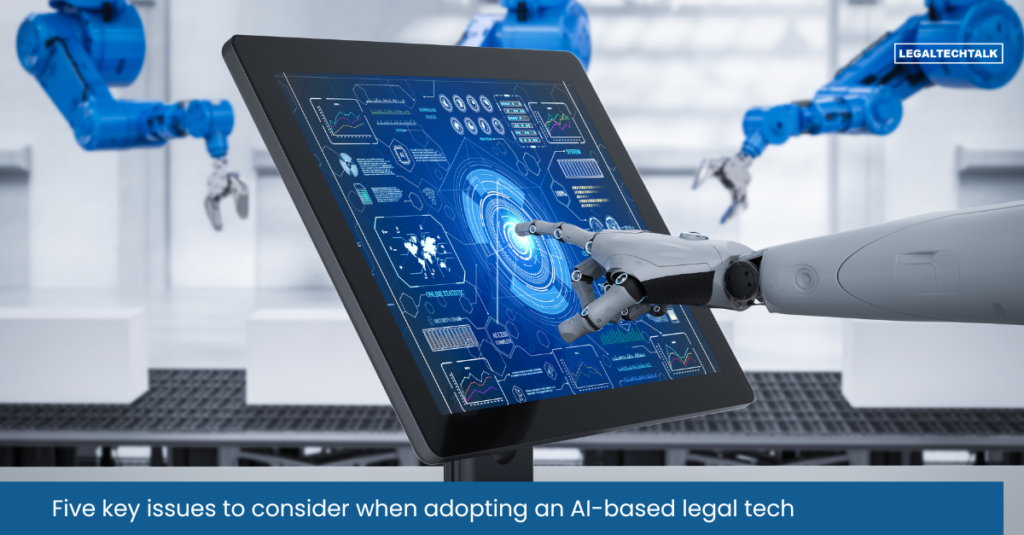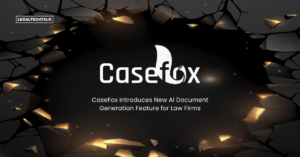Source: Legal Futures
Over the last year or so, there has been considerable hype about our legal jobs potentially being taken away by artificial intelligence (AI). With the passage of time though, we now seem to be on the path to acceptance of AI within our working lives.
As more of our familiar legal resources have started to embrace a generative AI overhaul, and new players have come to the market, there are some key issues that your law firm needs to consider when adopting an AI-based legal tech.
1. Licensing: Whenever procuring a new tech solution, it is important to understand the applicable licence provisions and ensure that they allow you to use the solution how you want to. There are currently AI solutions out there whose licences will require you to assign over the rights in the AI solution’s outputs. Beware of whose rights you might be giving away here!
2. Data protection: If there is anything that the GDPR has taught us, it’s that we need to be more vigilant over how, where, and when our data is stored. The same principle needs to be extended to the data being fed into an AI-based solution.
3. Confidentiality and regulatory requirements:Considering what is in your client’s best interests is in our code of conduct and lies at the heart of our work, but whether you have your client’s permission to use their information for your intended purpose may not necessarily align with that.
4. The data sets: One of the greatest advantages that we are told about generative AI is its ability to draw on an incredibly large volume of data, and process that data within moments. The largest risk here is that you are unable to control that source data and therefore risk having prejudices or misinformation built into your original data set, which are then reproduced in the output from the tool.
5. Verification and justification: There are an increasing number of examples of ‘hallucinations’ made by generative AI tools, and to de-risk your own outputs containing any such fabrications, you should have access to the source materials and ideally have various data markers behind each aspect of the output.
Whilst the computational power of AI tools to summarise complex and lengthy documents is a dream to legal research exercises, time needs to be allocated to verify the response and source materials.
6. So, how can you mitigate these risks?
The only real way to have assurance in your AI legal tech tool would be to develop one for yourself, should you have the internal development resource available. Not only would this provide assurance, but it will likely enable you to achieve a higher EBITDA multiple on sale as you become not just a law firm but also a legal tech business.
Read the full article: https://www.legalfutures.co.uk/blog/five-key-issues-to-consider-when-adopting-an-ai-based-legal-tech








